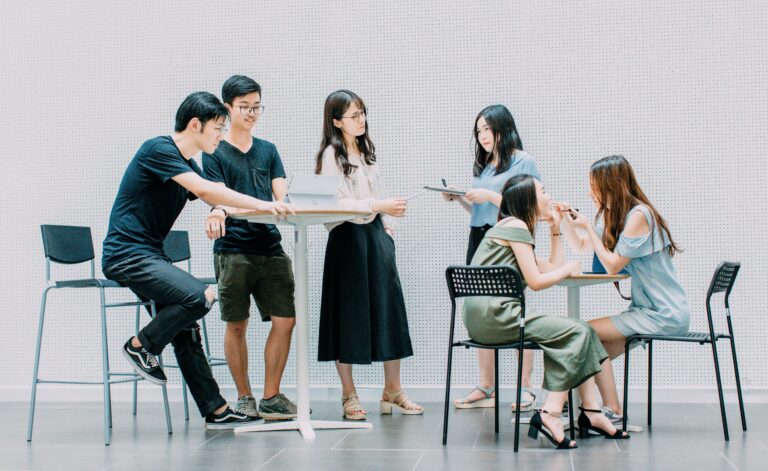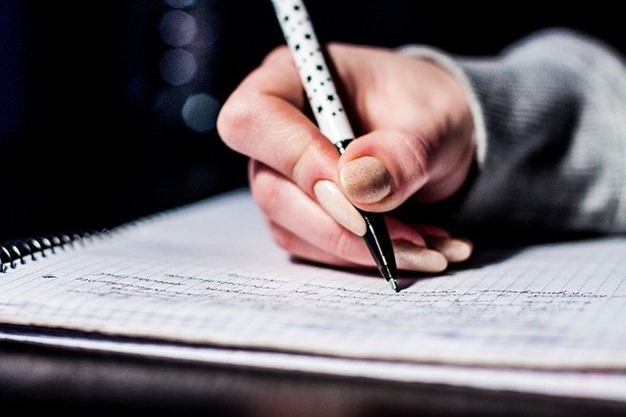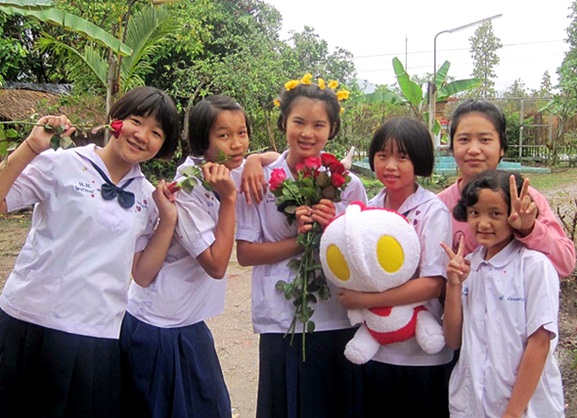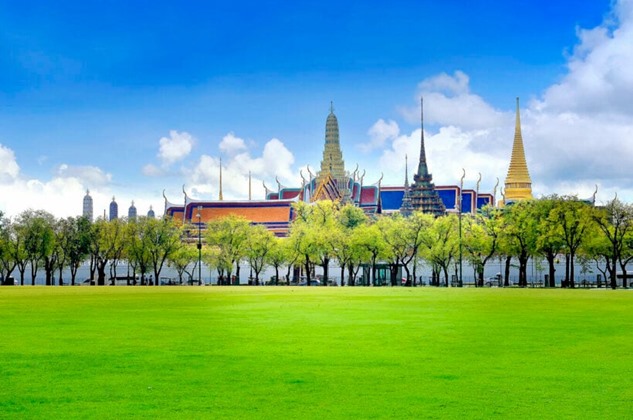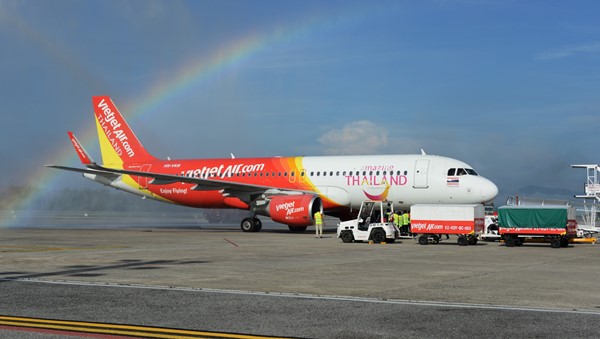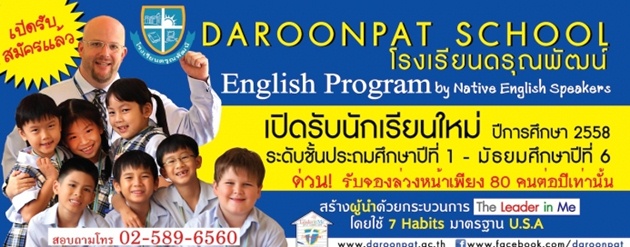
What Does a Bilingual Education Curriculum in Bangkok, Thailand Include?
A few years ago on a TV show in Thailand, it was suggested the best education a Thai child could get in Bangkok, Thailand was in a bilingual school.
Studies had shown children who went to Thai government schools received a good education in Thai subjects but hardly anything in English. At international schools, Thai children received an excellent international education, including superb instruction in English, but many graduated high school not being fully conversant in their national language, Thai.
But, at Thailand’s biliingual schools, Thai children receive an education based on the Thai curriculum but with the majority of classes in English, not Thai.
If you have a school-age child (Thai or another nationality), and are considering sending them to a Thai bilingual school, here is what a typical Thai bilingual school curriculum comprises and what you should expect.
Percentage of Classes in English – One of the advantages of an education at a Thai bilingual school, is the high percentage of classes held in the English language. Unlike at a Thai government school where a typical Thai student may receive less than 5% of their overall classes in English, at a Thai bilingual school a student will receive between 40-100% of their classes in the English language.
At most Thai bilingual schools, the curriculum is still set up to teach a Thai student the information they need to know to be able to gain acceptance at a Thai university, so all of their classes have a Thai focus. The only difference between this and a government school is the percentage of classes held in English.
Related: Free lesson plan to teach English numbers to EFL students
In many bilingual schools, instruction will begin at age six years old with 80% of classes in Thai and 20% in English. By age 12, 40% of classes will be in English and 60% in Thai. At some Thai bilingual schools, as students enter their high school years, they’ll be taking 80% of their classes in English and 20% in Thai and, at a few, by 18 years of age, 100% of their subjects will be in English (except, of course, for Thai language study).
With English being one of the most important aspects of an education, if Thailand is to compete with the rest of the world, a Thai student completing a bilingual education will often be better off than one in a government school or an international school.
Learning Thai Art and Culture – Most important to many Thai parents is that their children learn all about Thai art and culture. With Thailand becoming more and more westernized, parents still want their kids to know all about Thai artists, writers, historical figures and, most importantly, about the Thai Royal Family, lest their rich culture be lost.
At an international school, many Thai children graduate knowing little about their own culture. At a bilingual school, on the other hand, not only do Thai students learn all about their own culture, they also learn Thai manners and how to behave correctly in Thai society – extremely important if they expect to function properly in a career in Thailand.
Buddhism too is taught in a Thai bilingual school, and monks will often come to the school to give lectures about Buddhism. Buddhist holidays are also kept at Thai bilingual schools, with the school usually taking students to a local temple to celebrate and worship.
Thailand too has some fascinating holidays like Songkran (the Thai New Year) and Loy Krathong, (the Water Ceremony). These holidays are always included in the bilingual school’s curriculum, with students learning about the holiday and making Thai crafts to help celebrate.

Teachers at a Bilingual School – One very important thing about the curriculum at a Thai bilingual school is that instruction in many subjects is given by native English-speaking teachers.
So, unlike at a government school where students may be taught in English but taught by a Thai teacher who passes on the mistakes they were taught by other Thai English teachers, children at a bilingual school will learn correct English from qualified western teachers, and will be exposed to a variety of English accents depending on which countries the teachers are from.
If you’re considering a bilingual school in Thailand for your child – don’t hesitate to send them to one.
With a bilingual school curriculum, not only will your child graduate being able to read, write and speak almost perfect English, they’ll also come out of the experience fully informed about Thai culture, Thai values and have a complete Thai education – all set up for admittance to a good Thai university.

